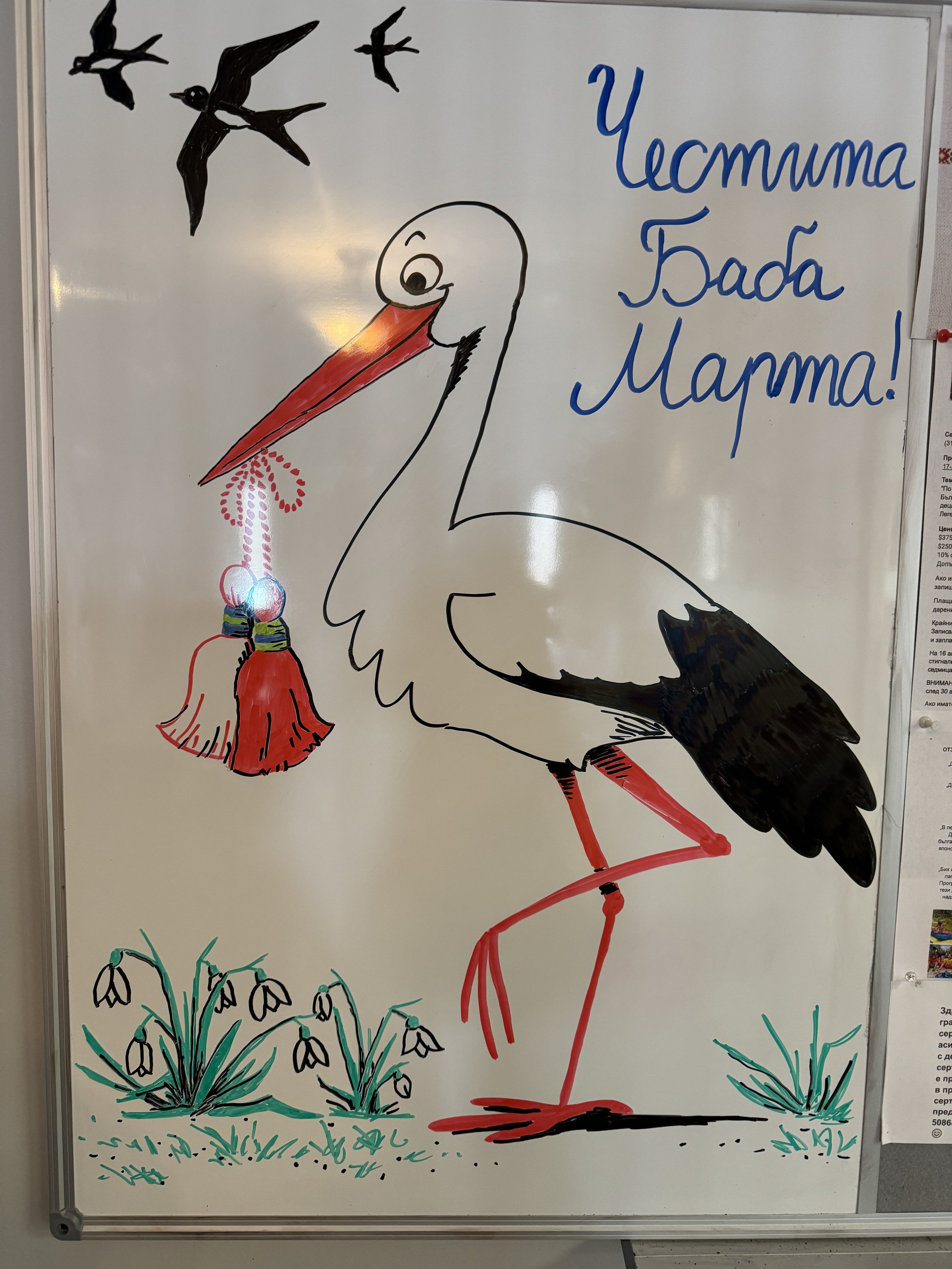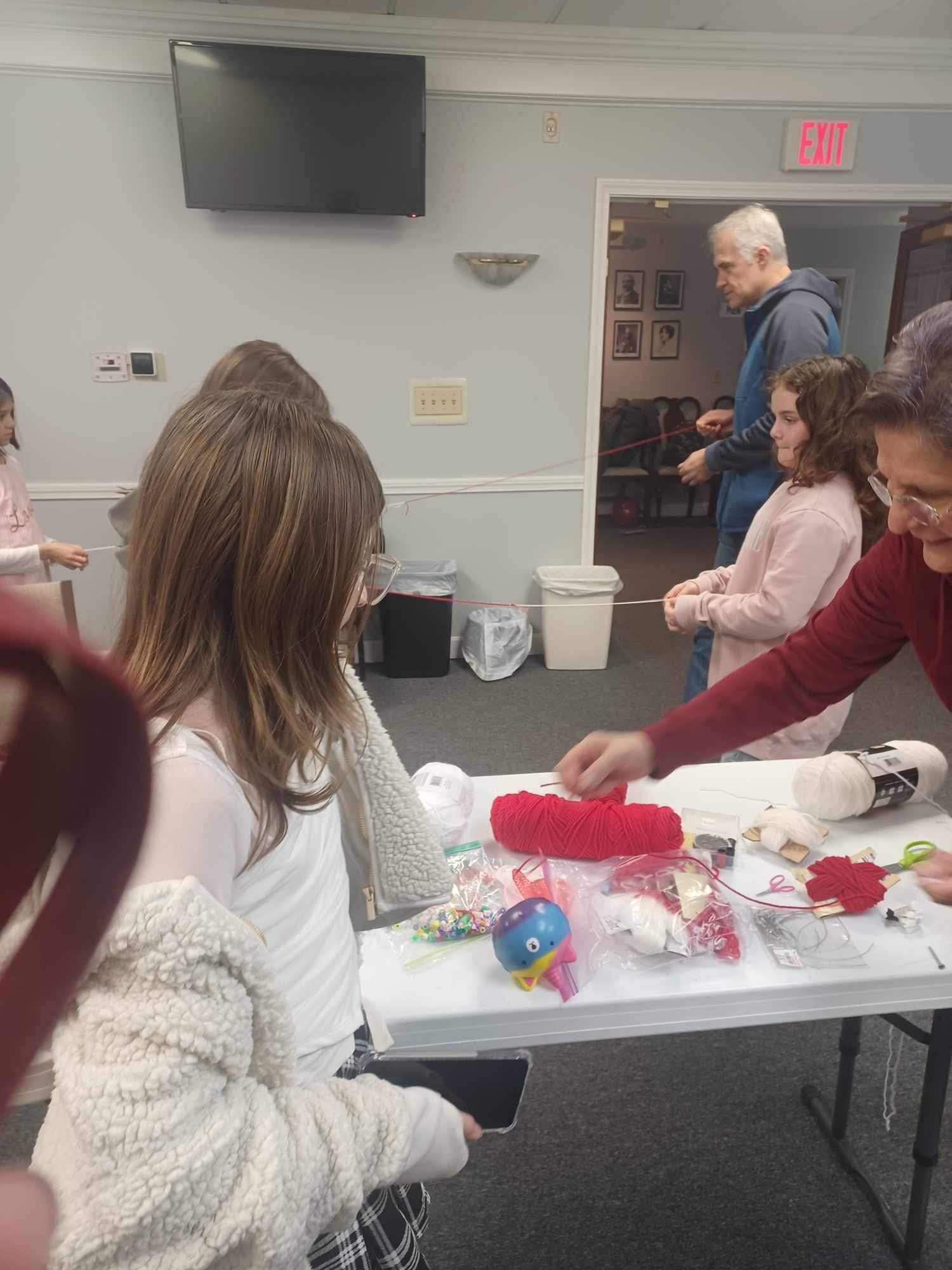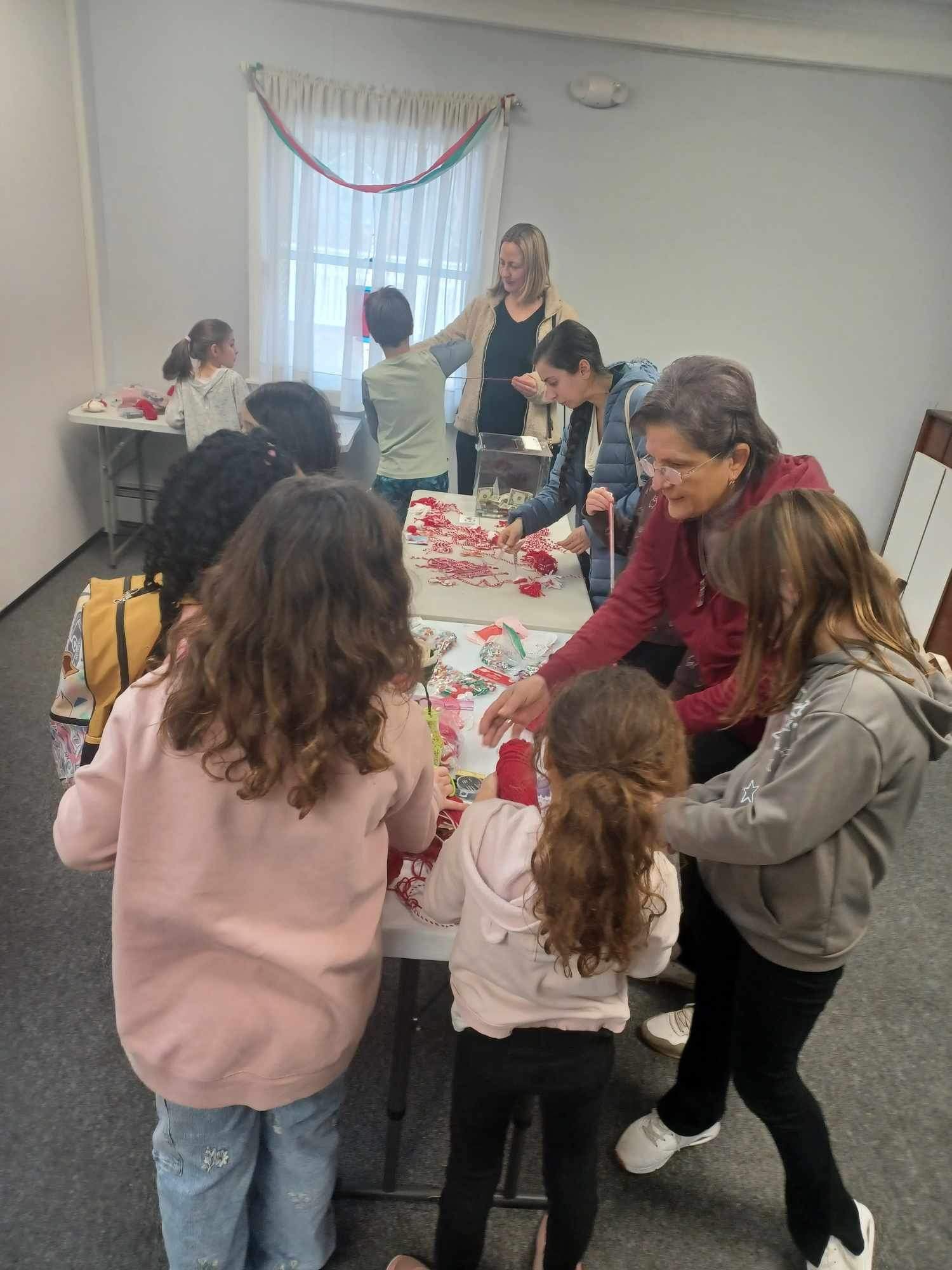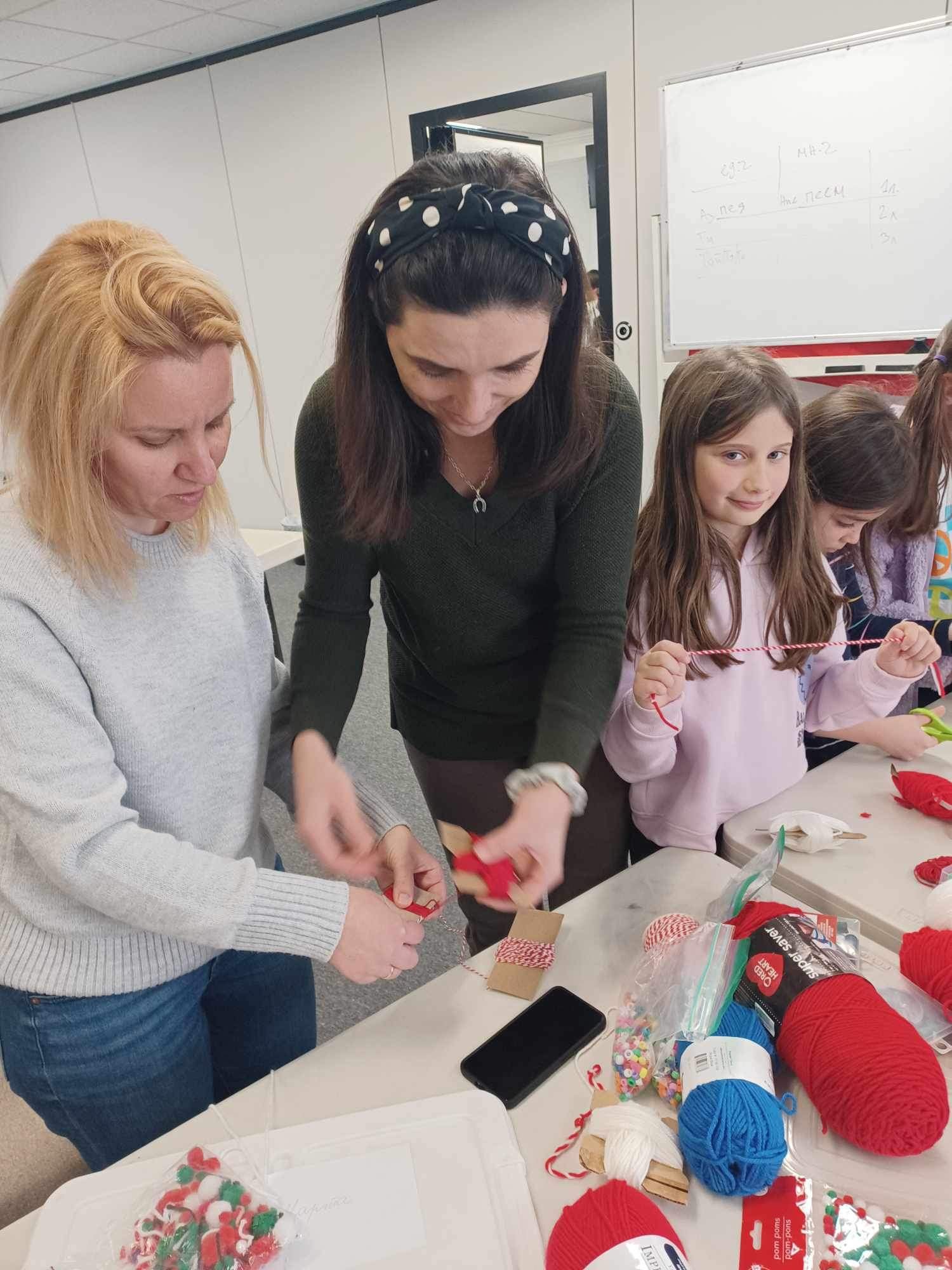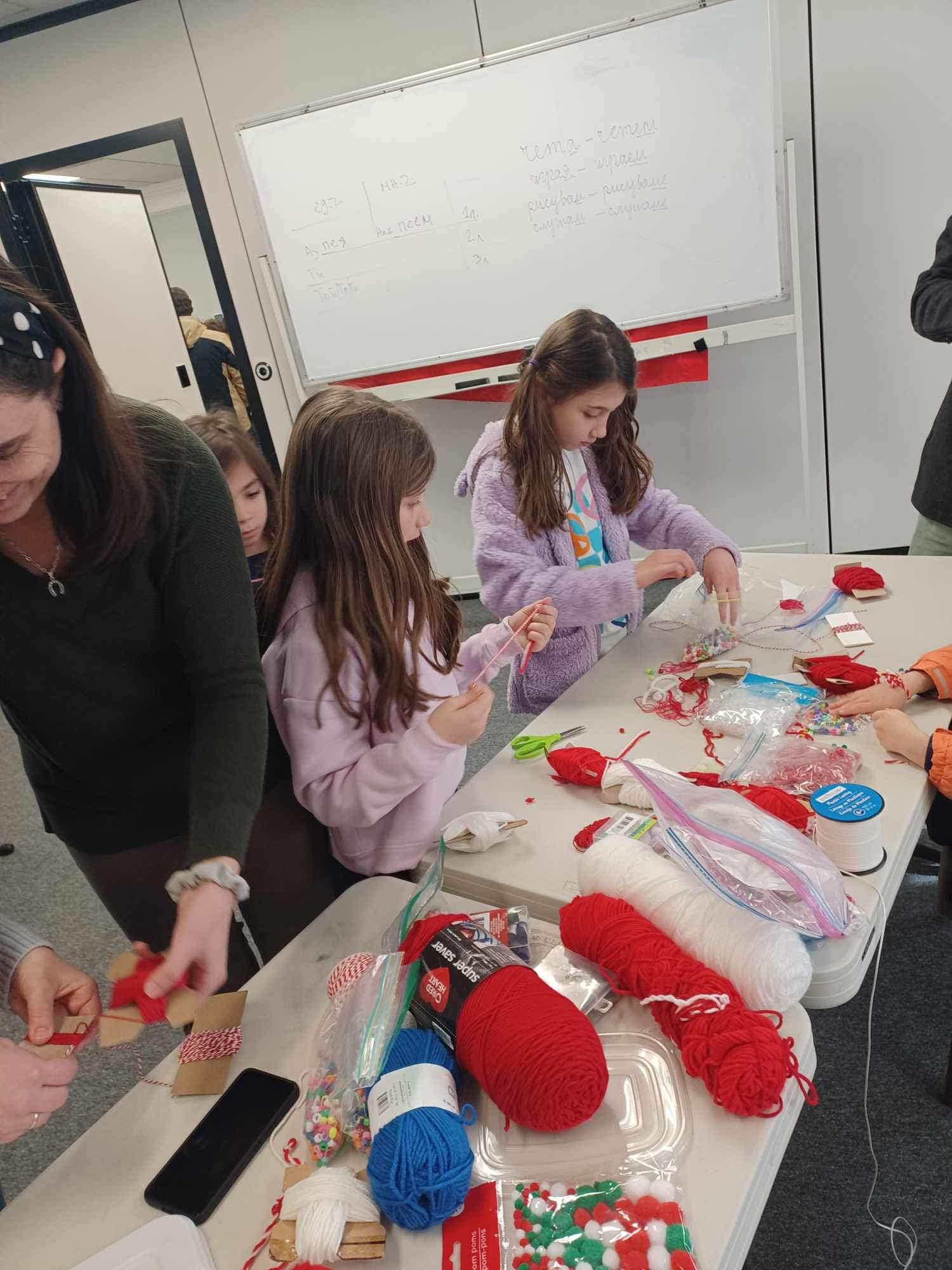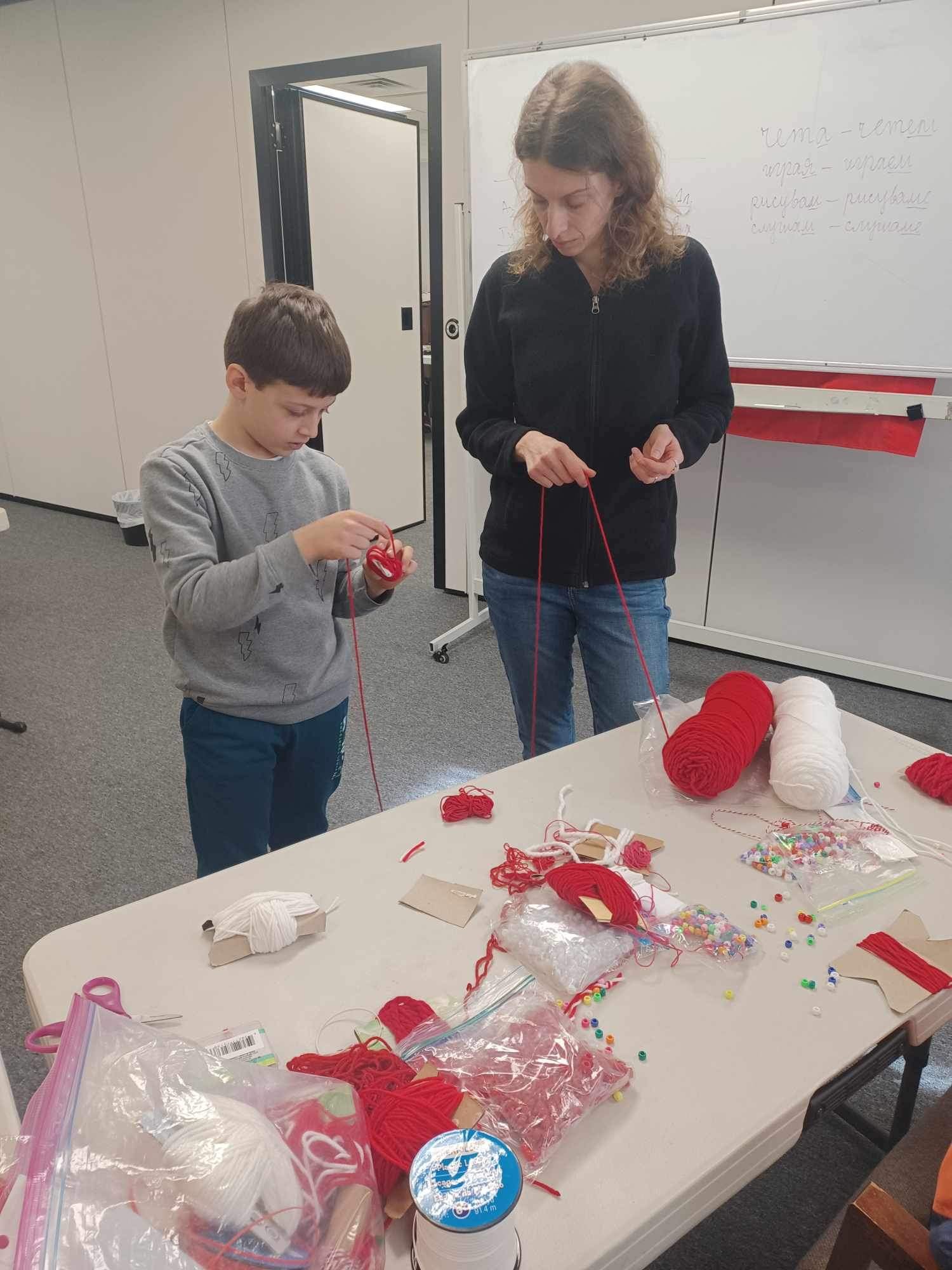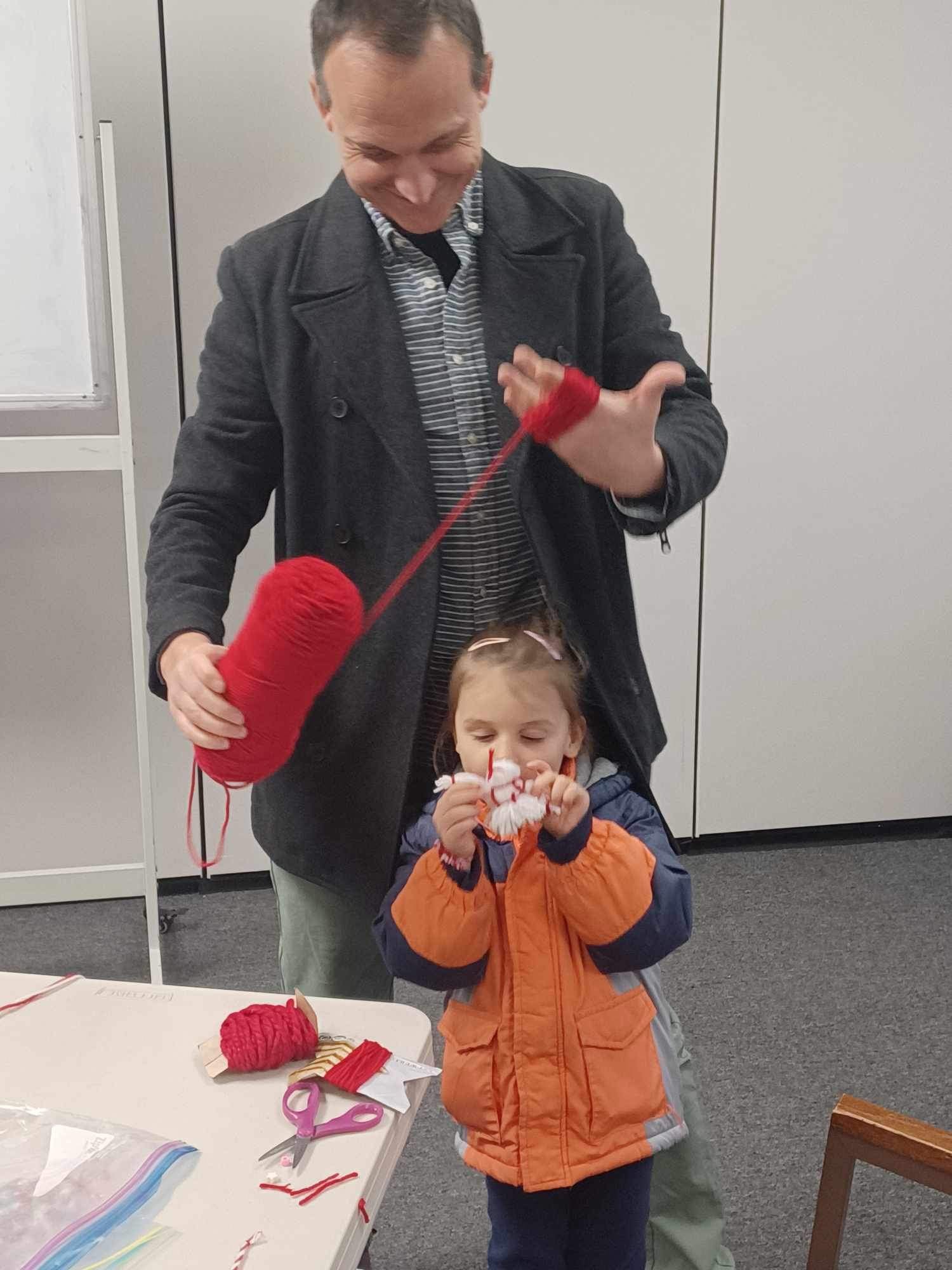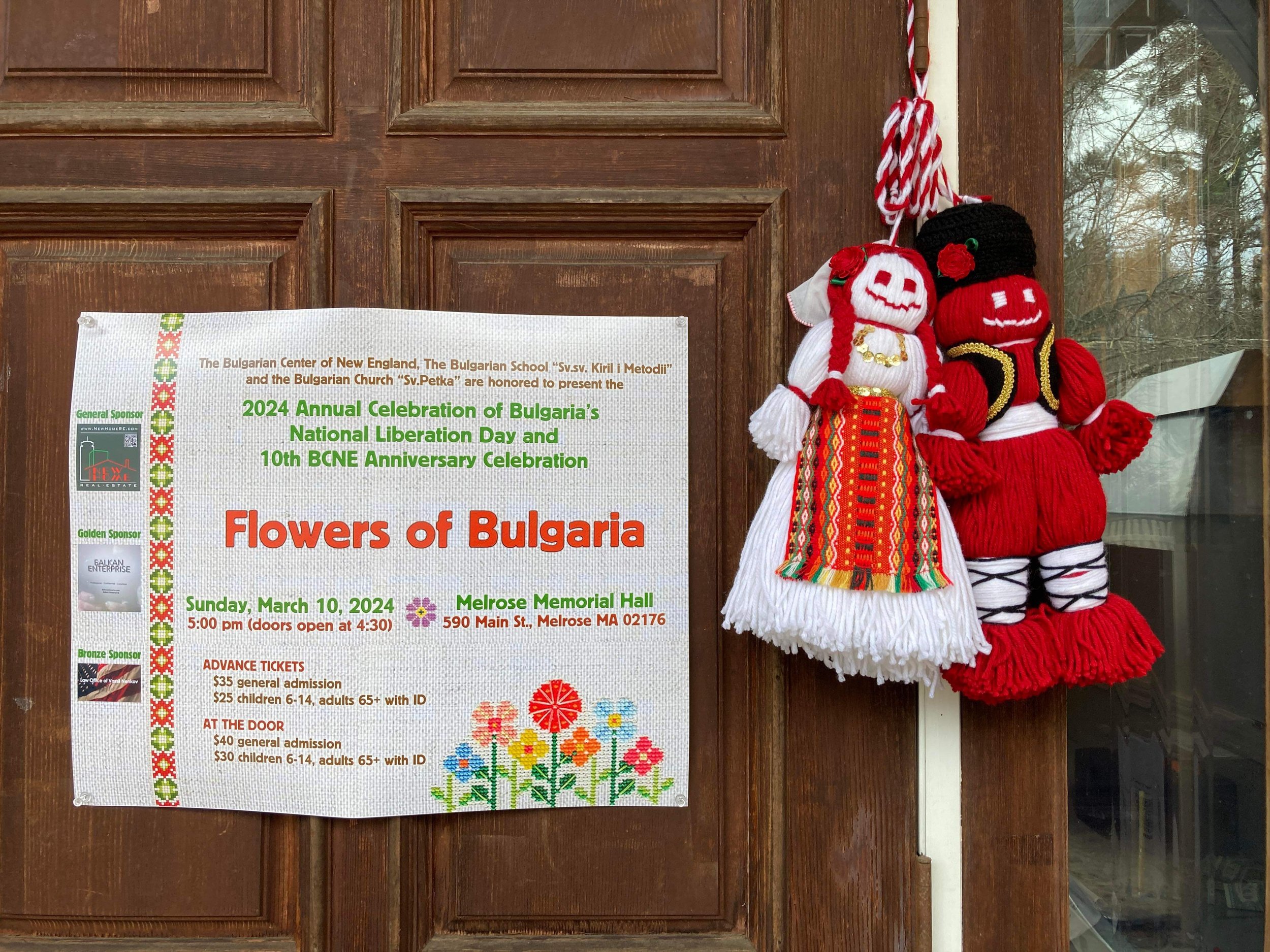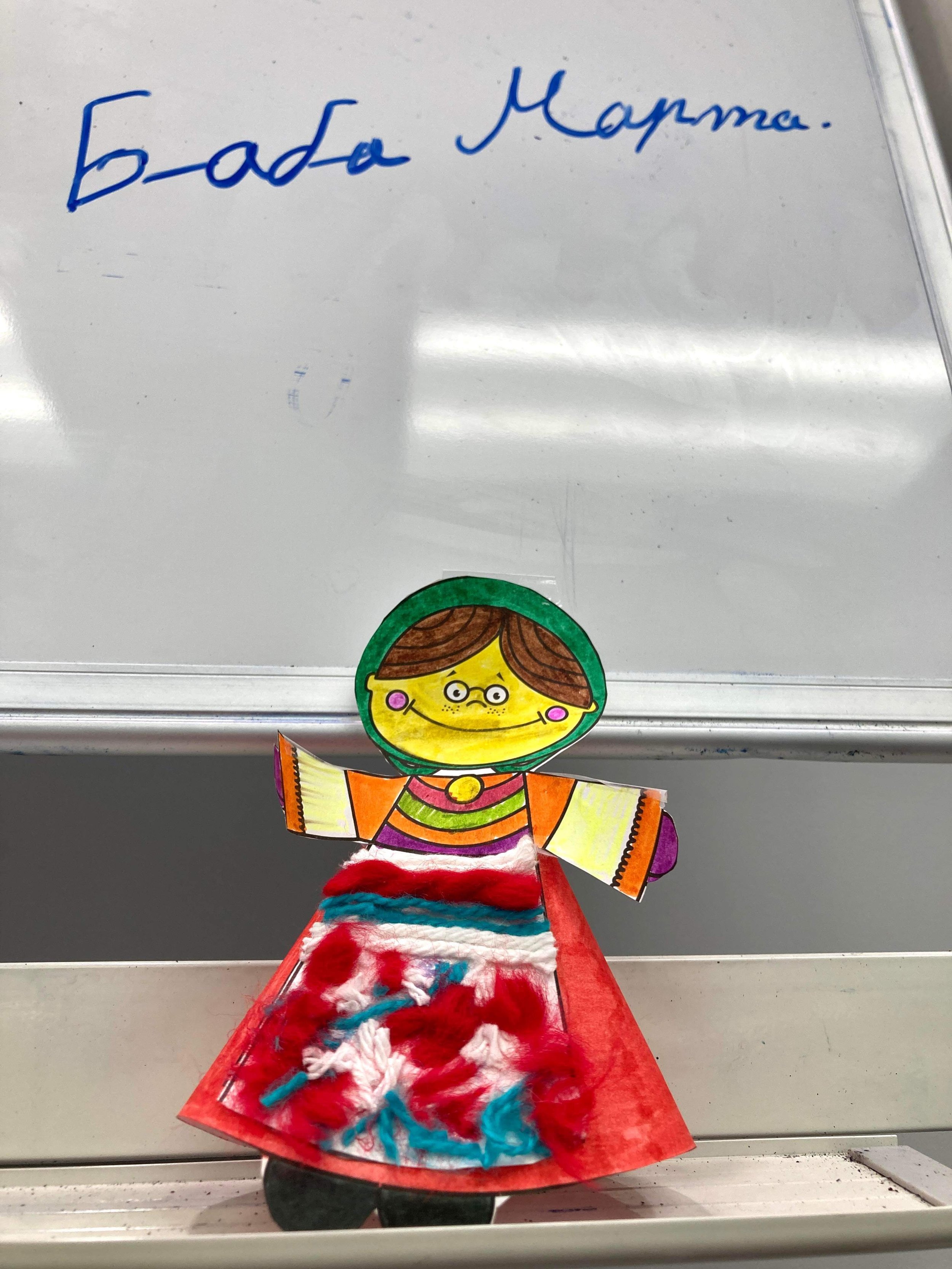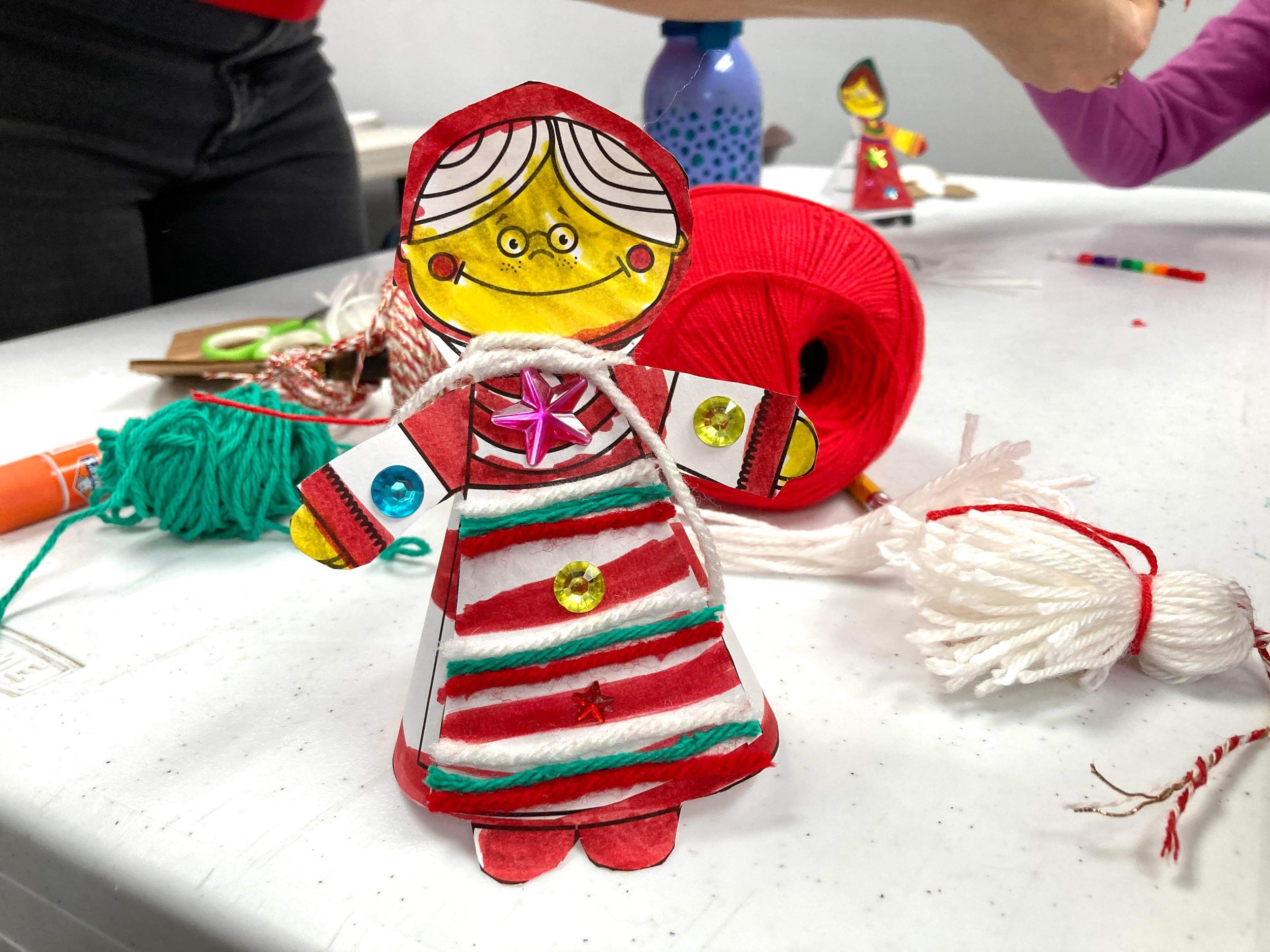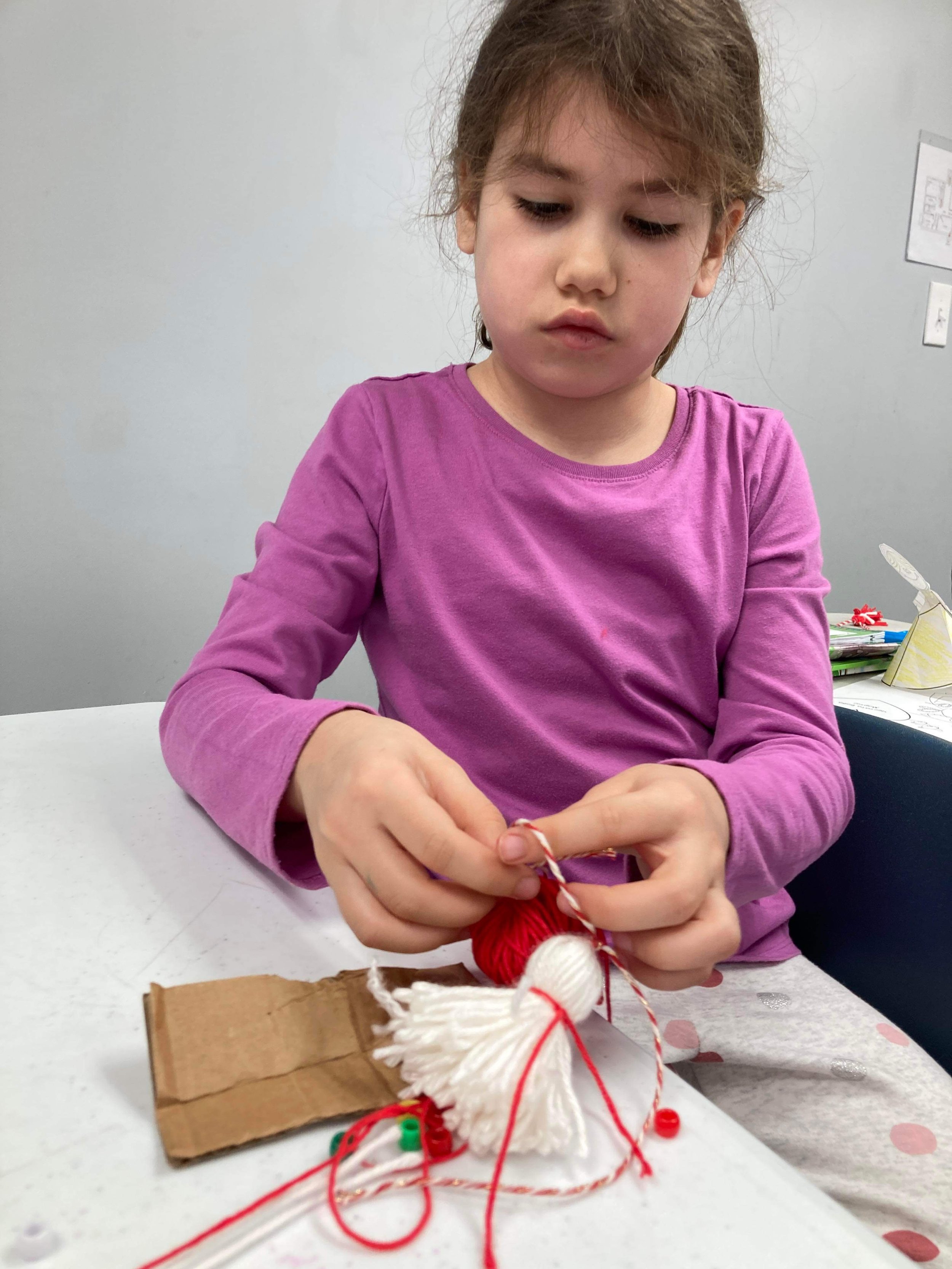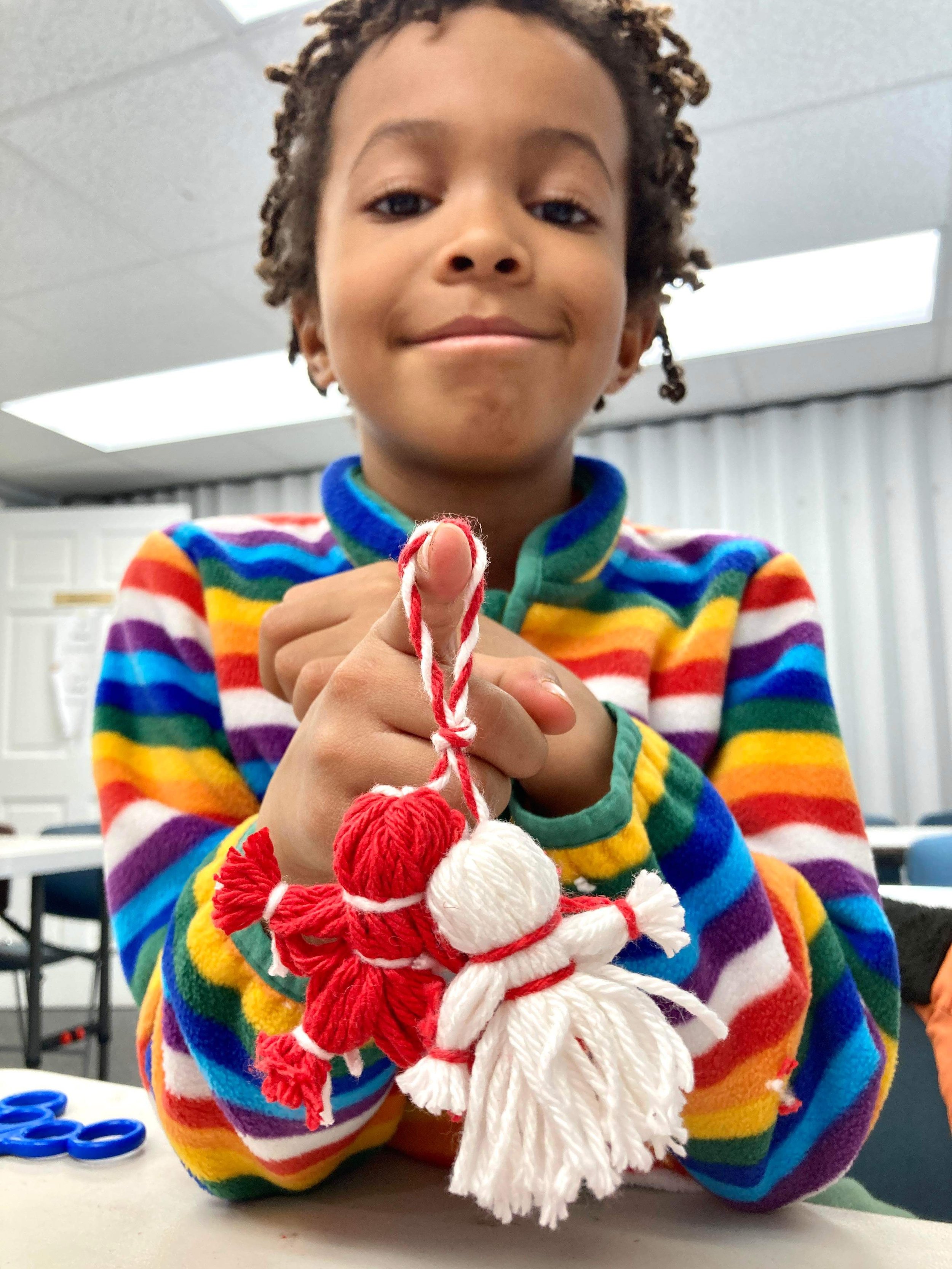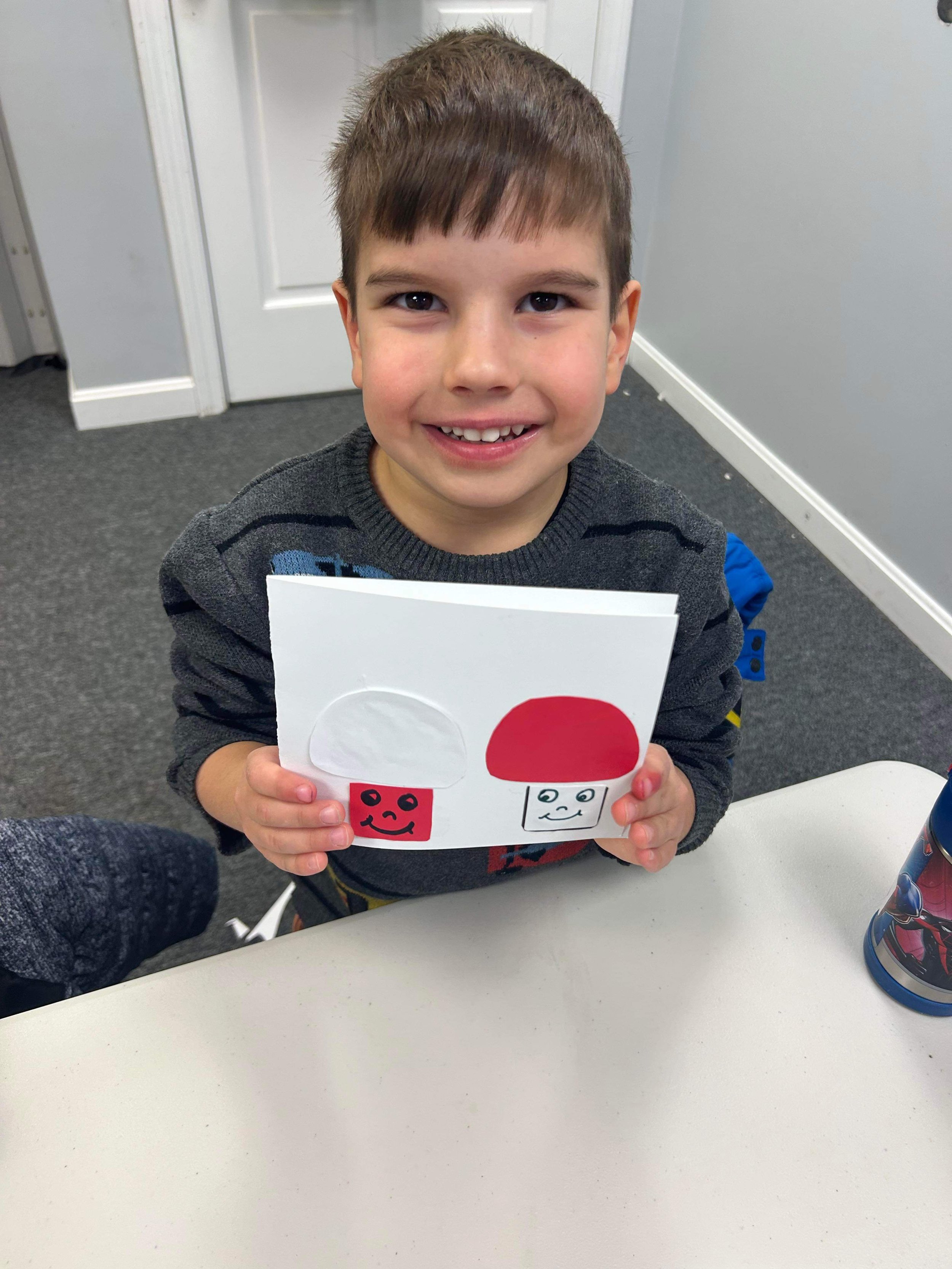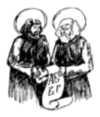Snejana Iovtcheva
Program Coordinator and Registrations
snejana@bg-school.org
Winter in the state of Massachusetts is capricious and unpredictable, sometimes threatening us with snowstorms, sometimes with icy winds. But our Saturday classes at the Bulgarian School in Boston are warm and enriched with the beautiful colors of the Bulgarian winter holidays.
Following the winter break, the students returned to the classrooms motivated and rested. In many of the classes, they learned and practiced the “Survakar” customs, with which Bulgarians welcome the new year and wish each other health and prosperity. They watched short films on how hundreds of Bulgarian men mark the Orthodox Epiphany feast by dancing to folk tunes in the icy waters of Bulgarian rivers and discussed the tradition of Name Days that are celebrated in Bulgaria.









During the cold January days, kindergarten and preschool students studied winter animals and life in the mountains. Through interactive activities, the students learned that the mountain is an invariable part of the Bulgarian landscape and that the highest peak on the Balkan Peninsula is called Musala, located in the Rila mountain.

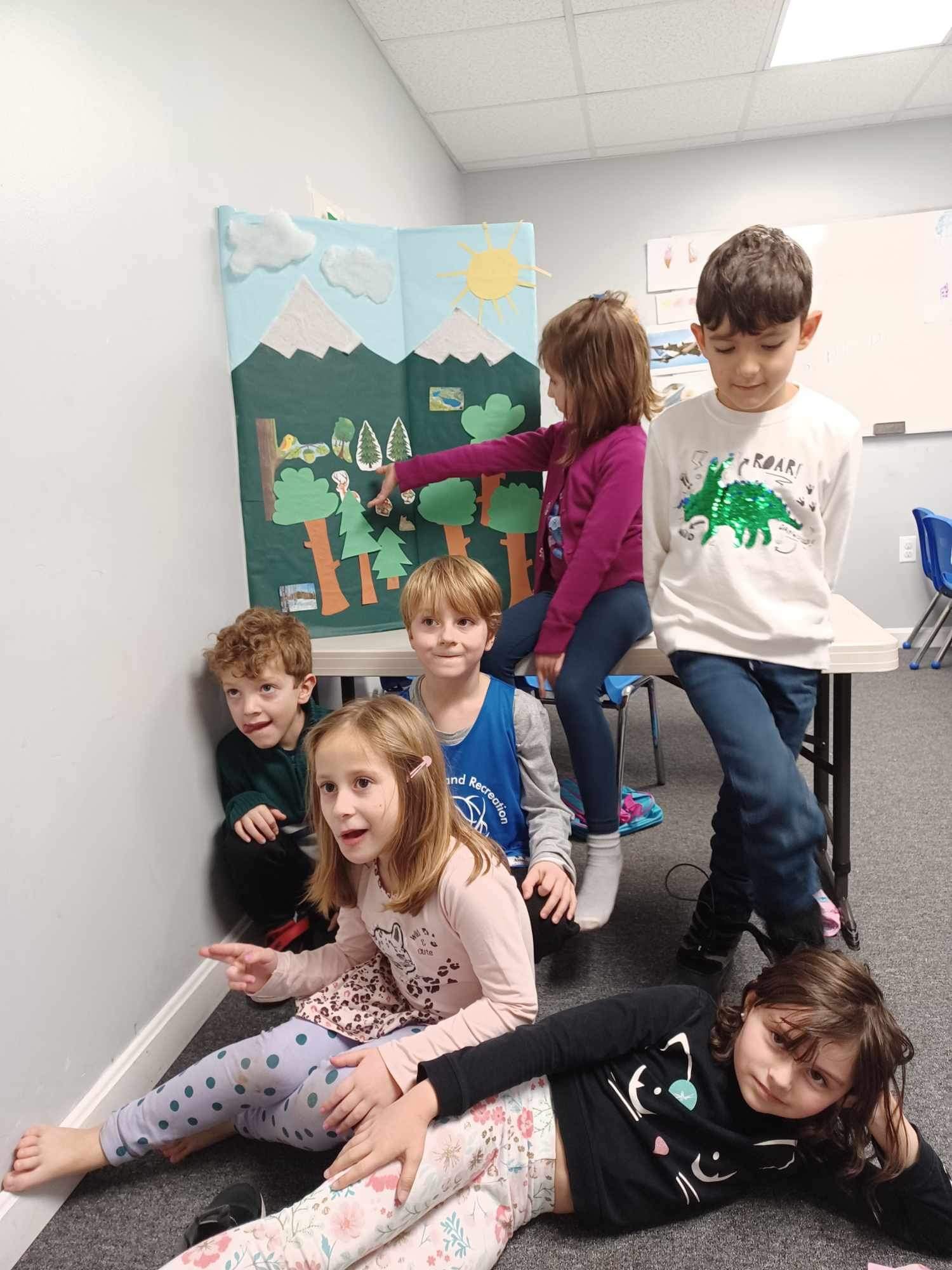


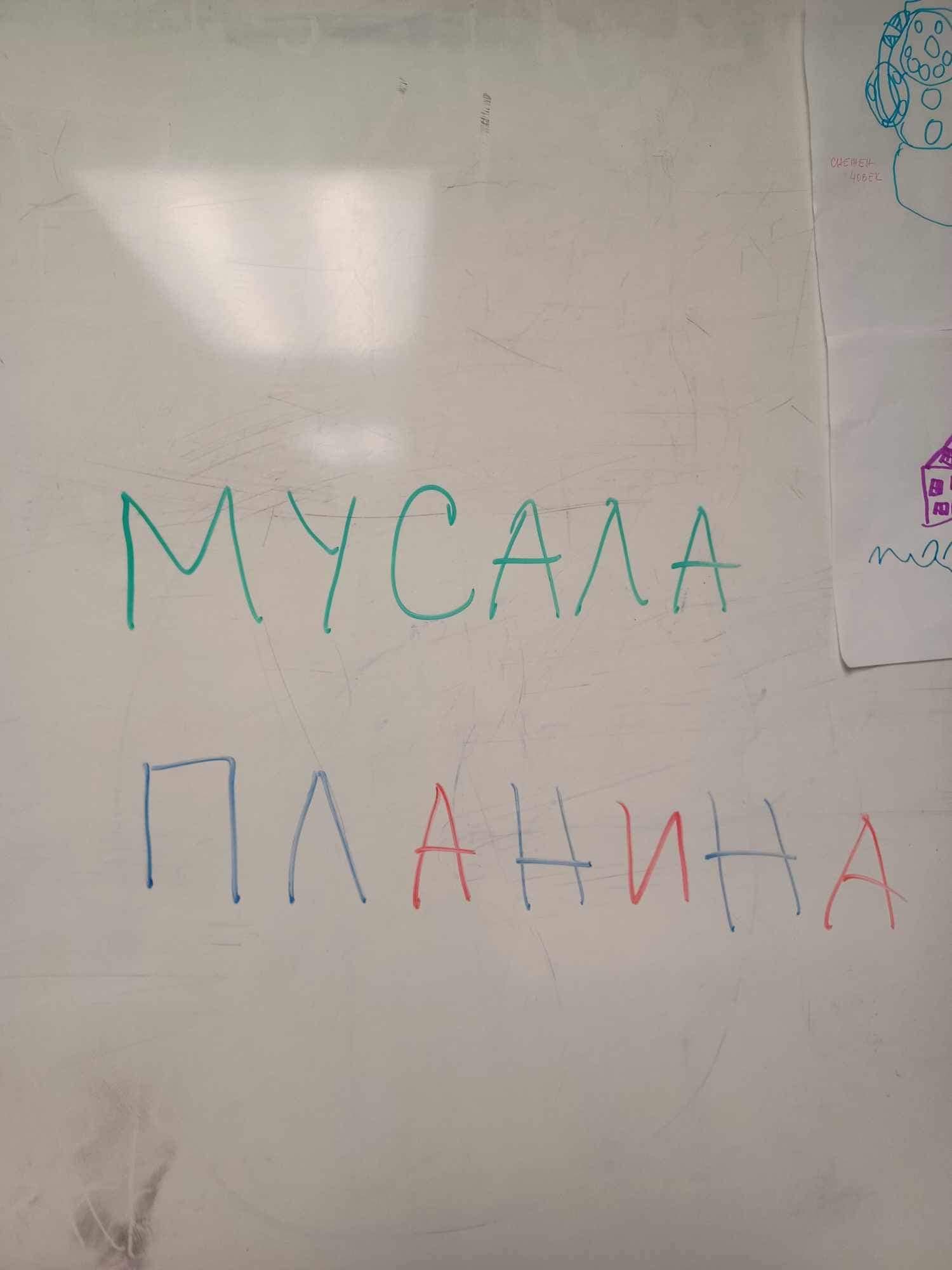
The “Kukeri” and the Kukeri customs were also present during the school hours. The students listened to legends about the origin of the Kukers, studied the materials and the meaning of the Kuker clothing, worked on Kuker masks, and danced to the sounds of mountain chans.












February started with pink valentine cards. The students wrote cards and kind greetings in Bulgarian on the occasion of Valentine's Day, exchanged small gifts and filled the building with hearts and happy smiles.








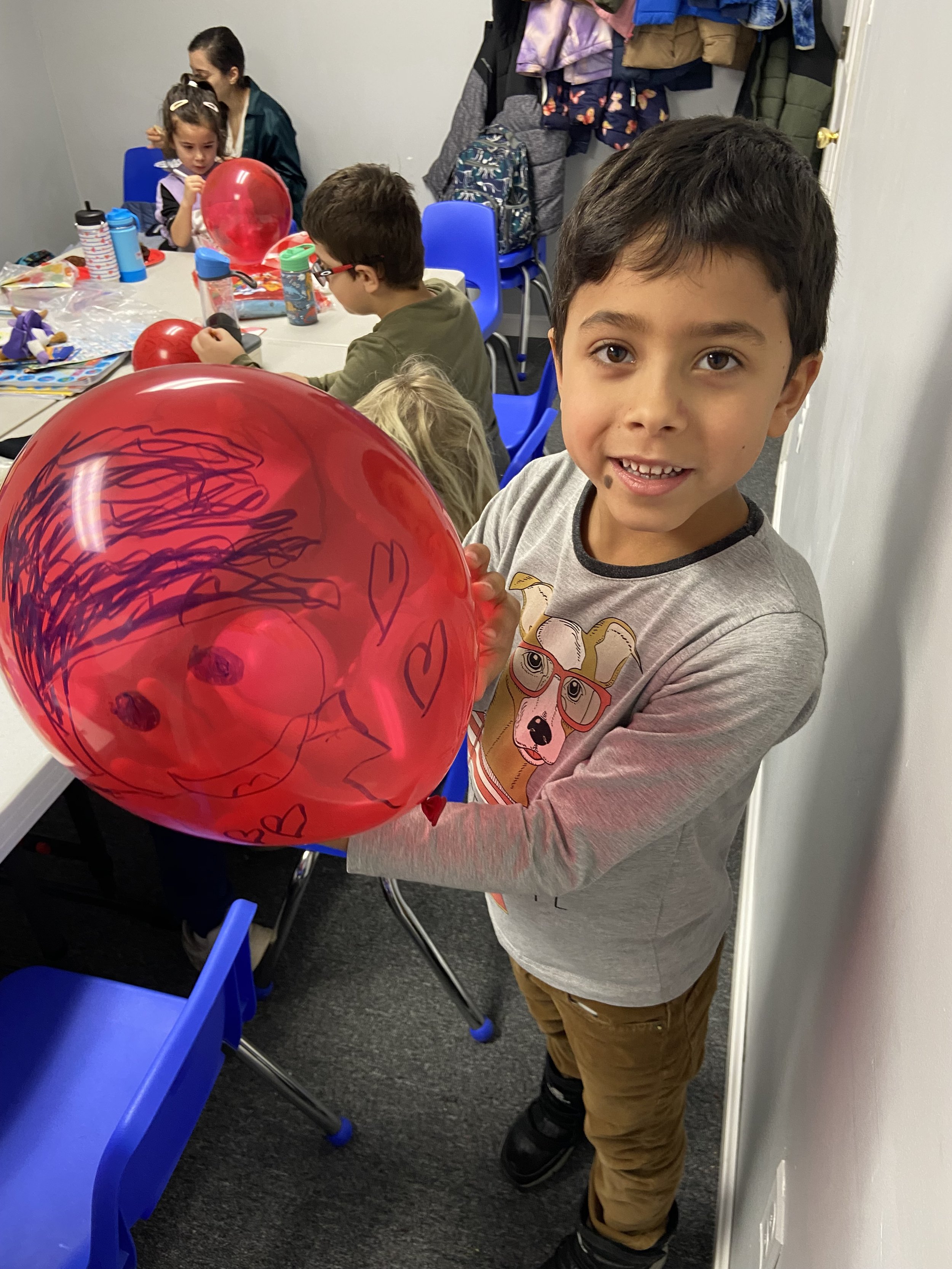
On February 18, Bulgaria honors its greatest historical hero - the Apostle of Freedom Vasil Levski. During the weeks of February, the younger students got involved in the topic "Vasil Levski" by watching short films, working with questionnaires, assembling craft books, creating small texts and doing "lion's" jumps. Older students worked on thematic posters, participated in inter-class quizzes and gave presentations on the work, life and significance of the national hero.

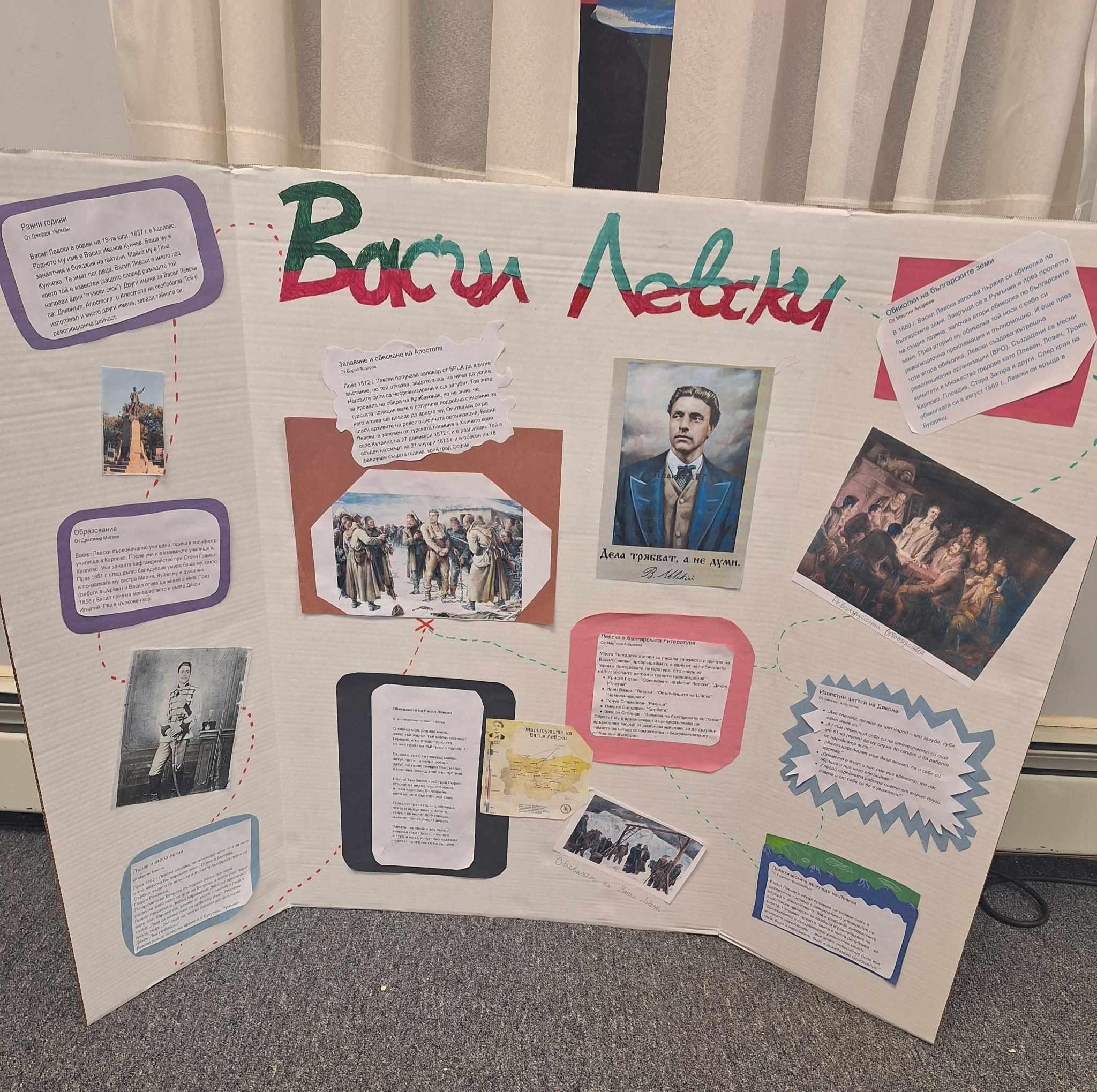

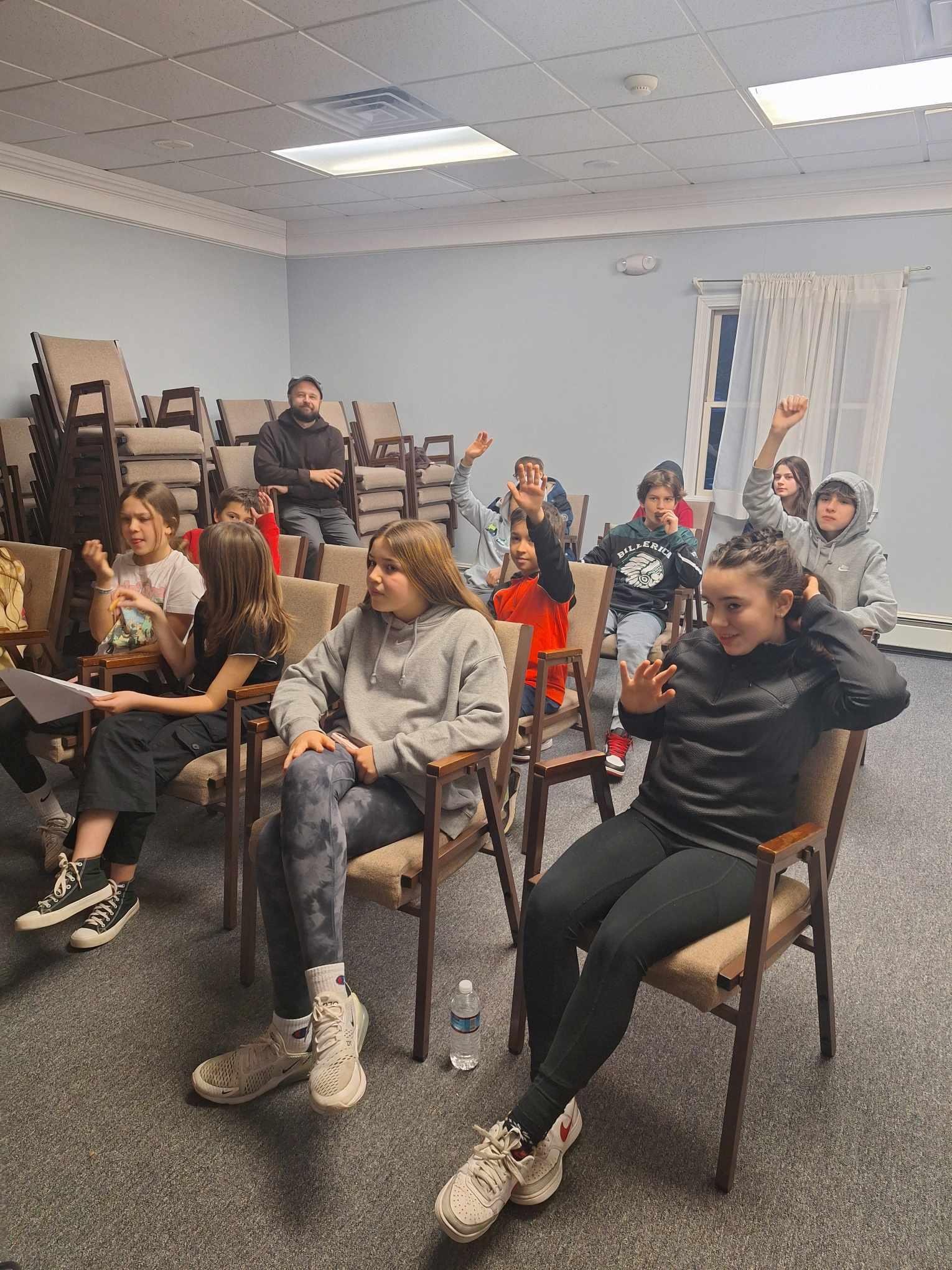
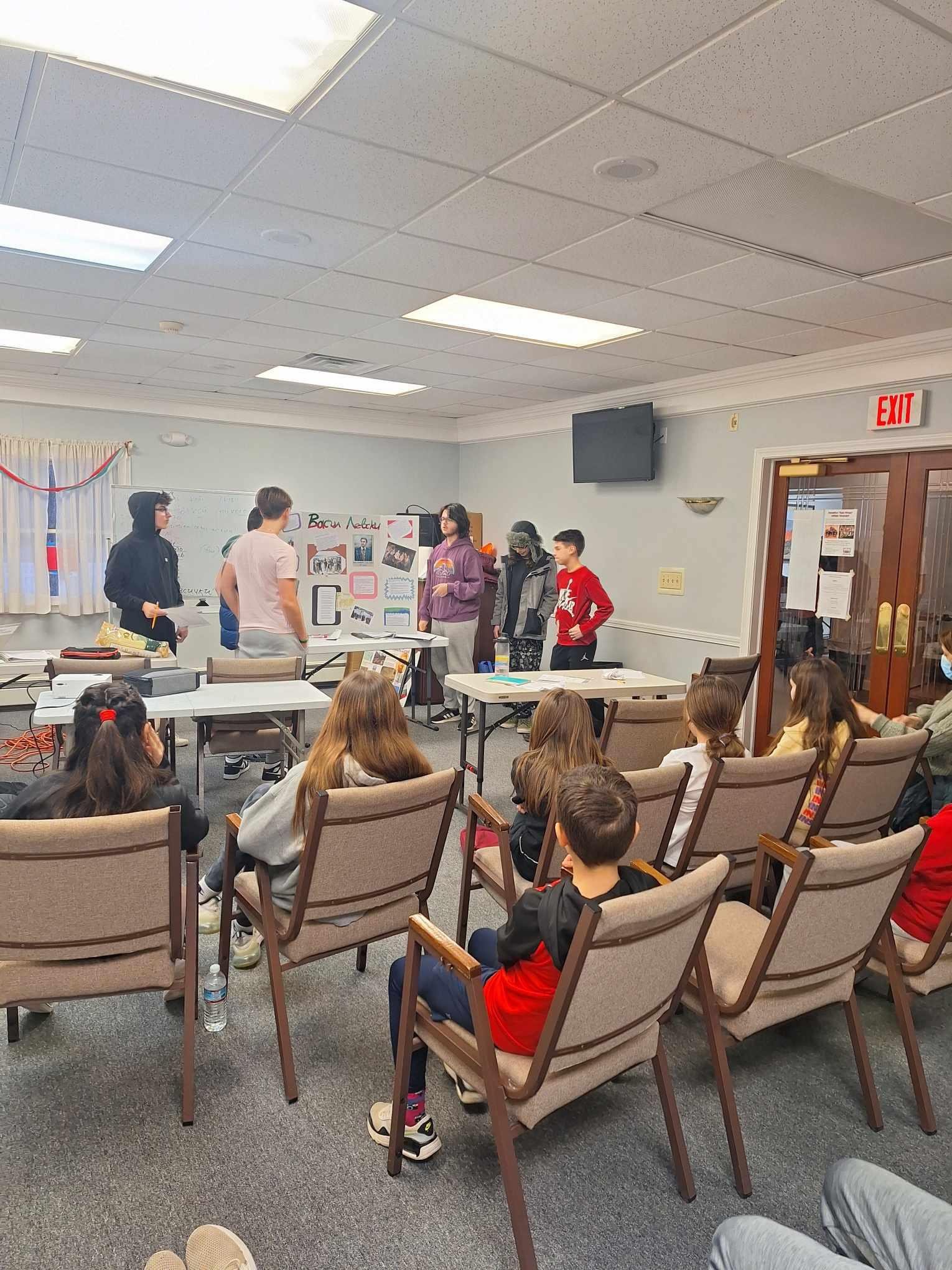

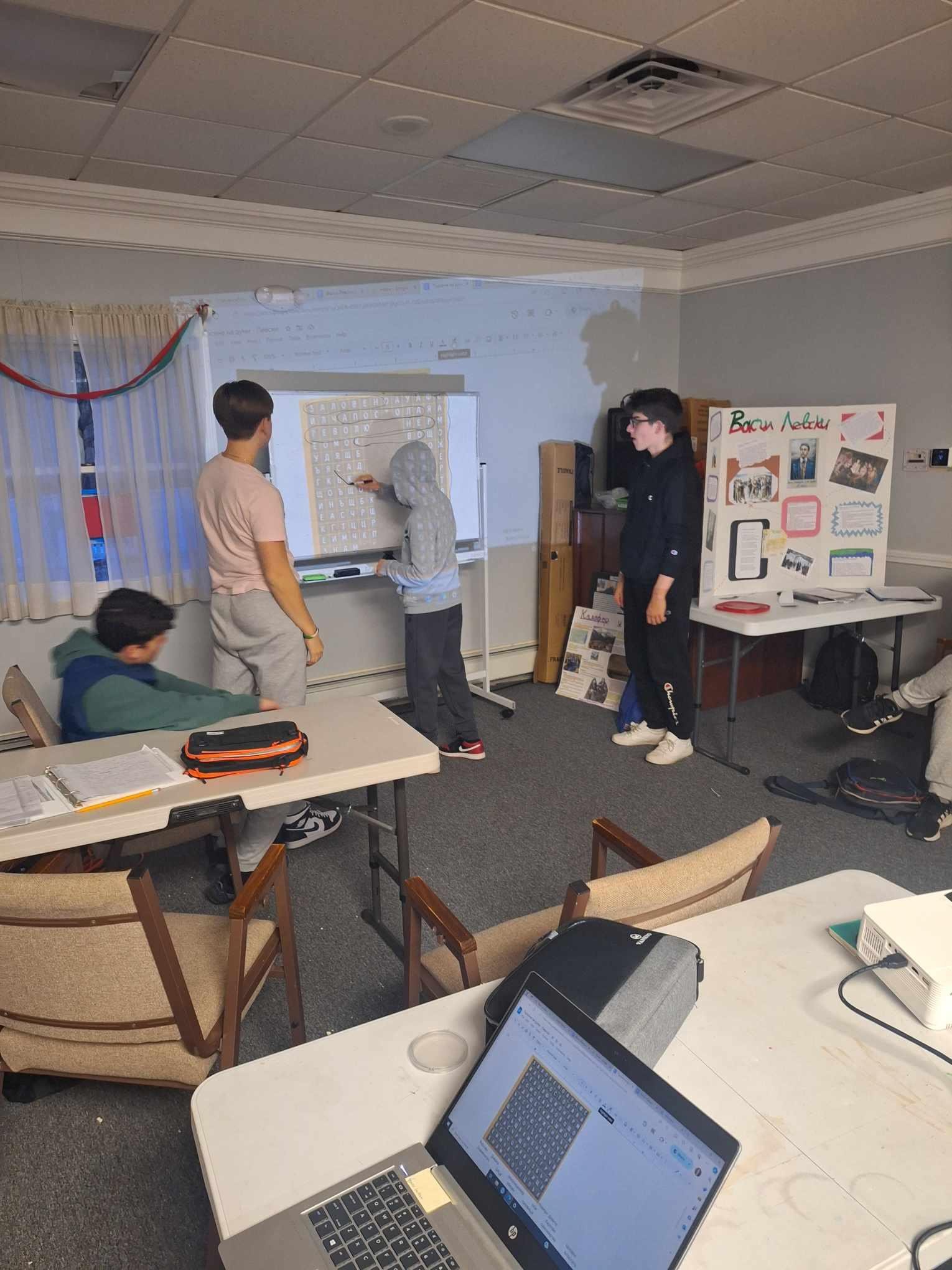
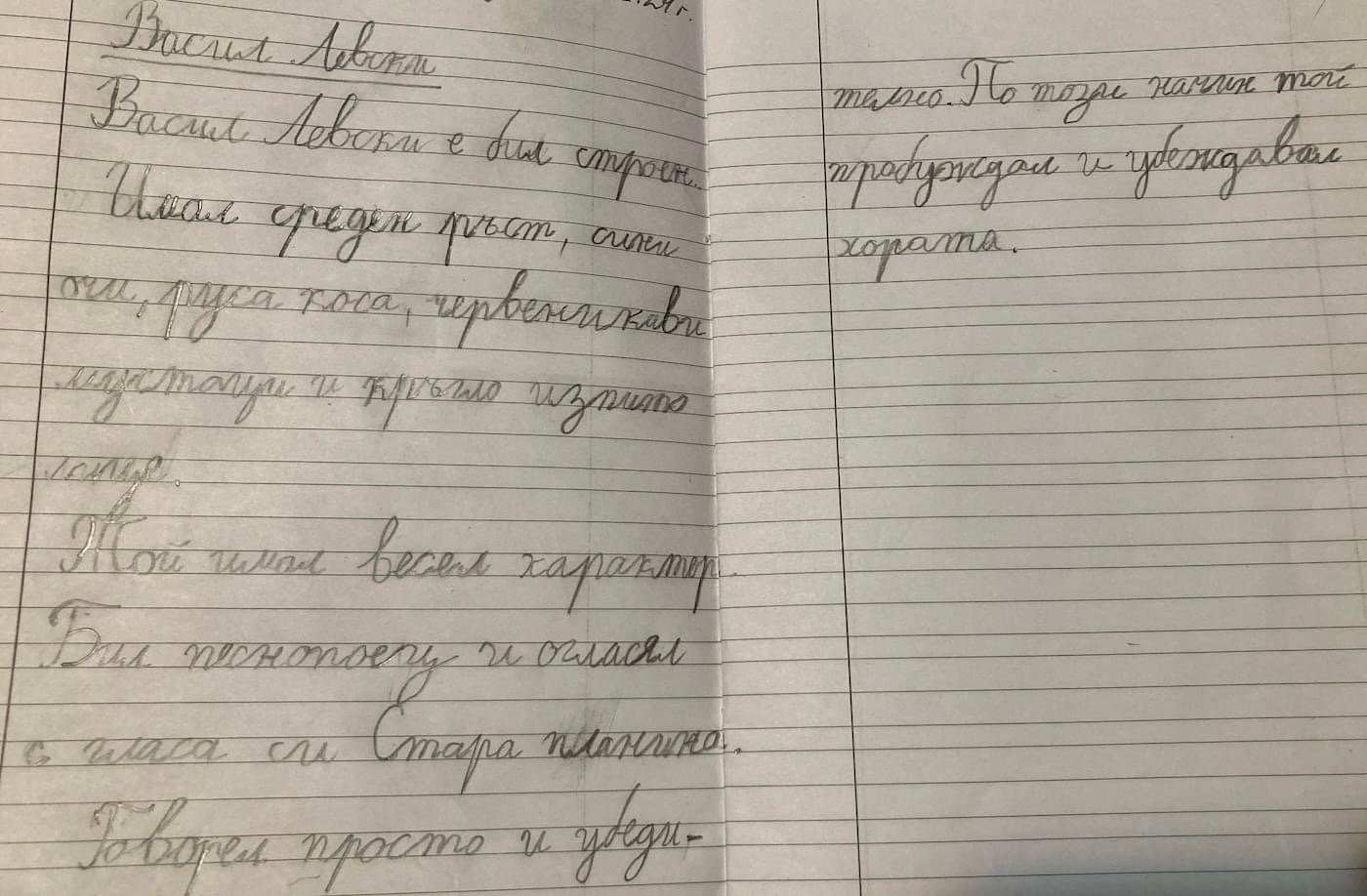
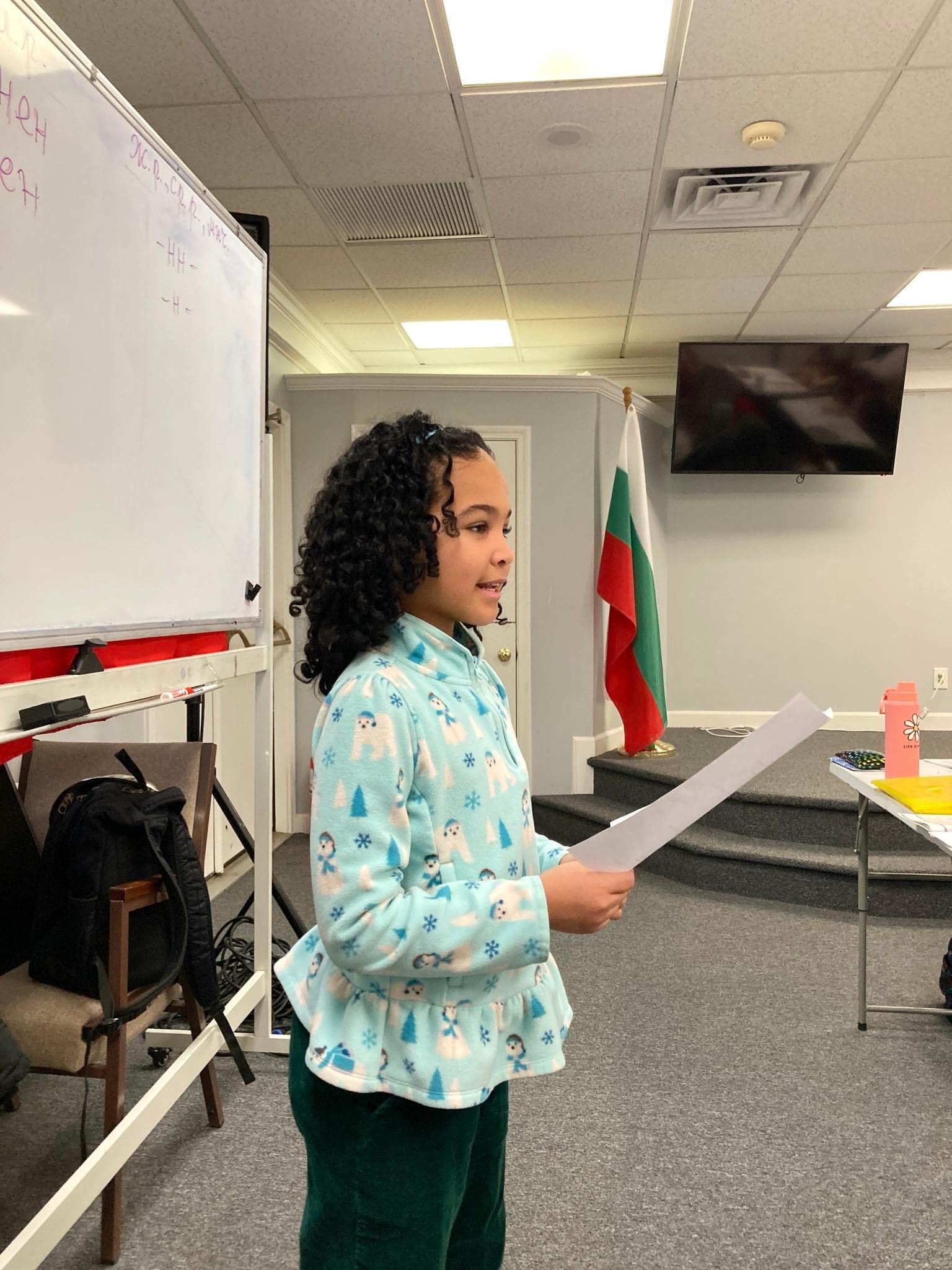
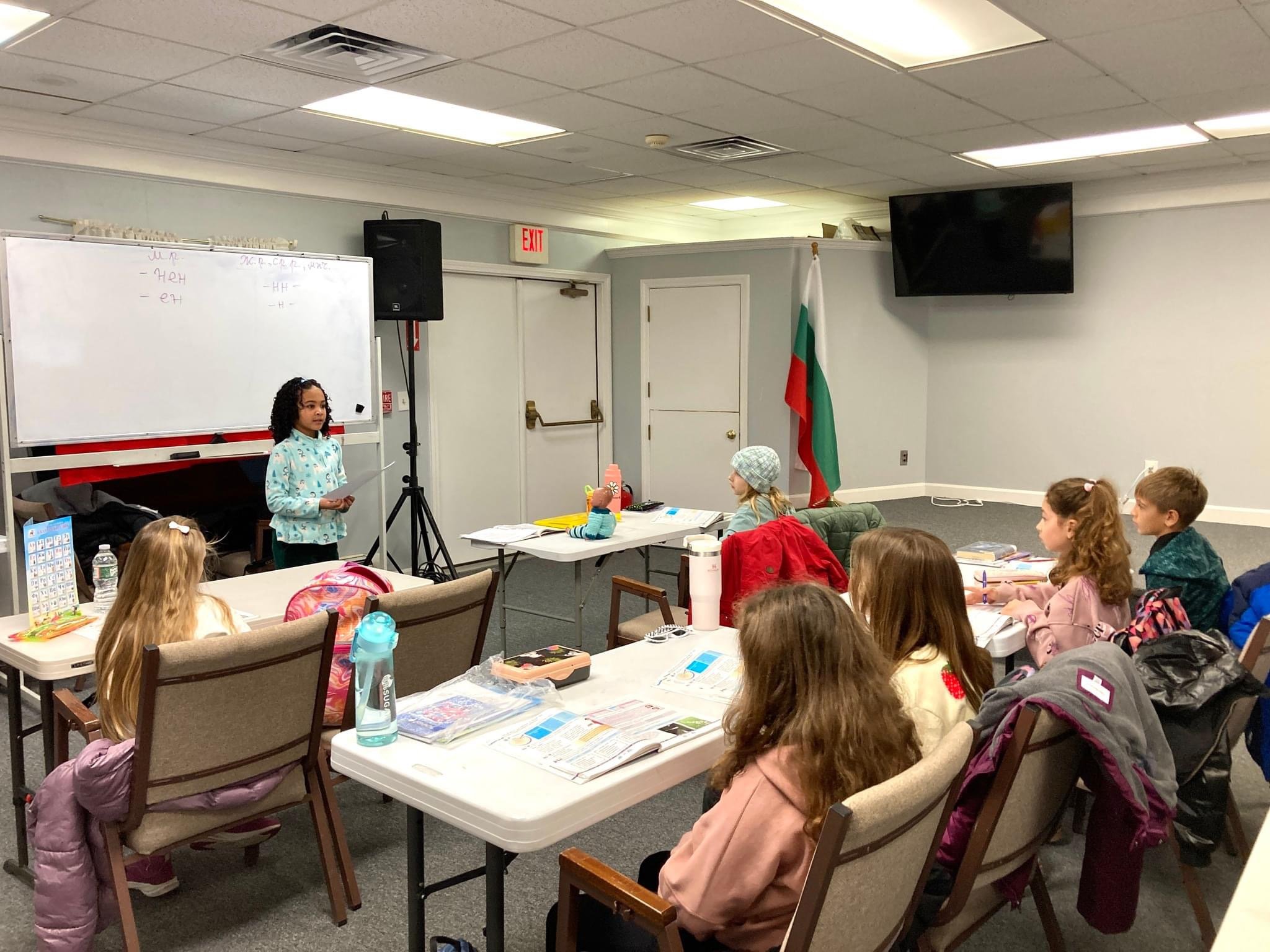
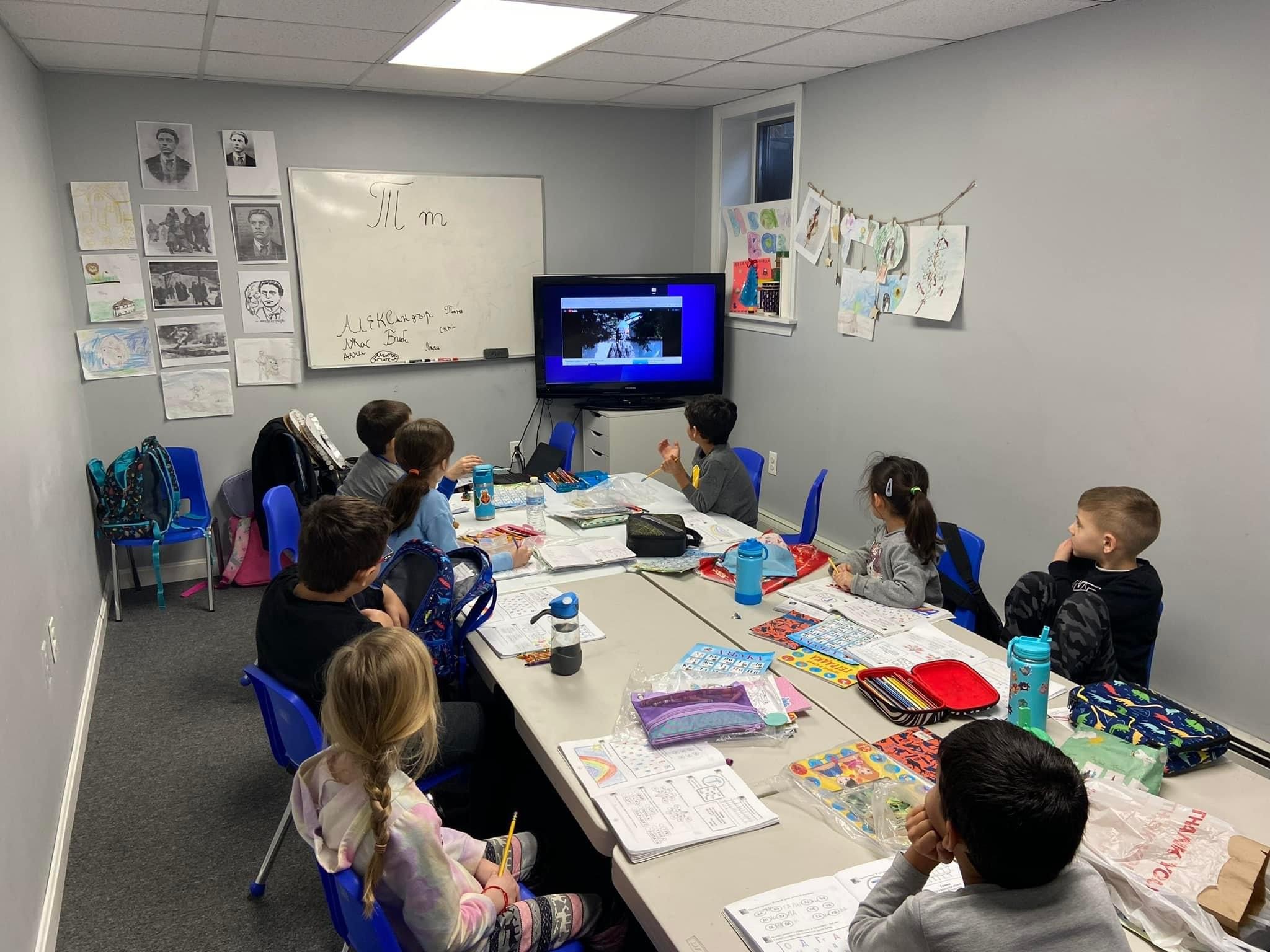
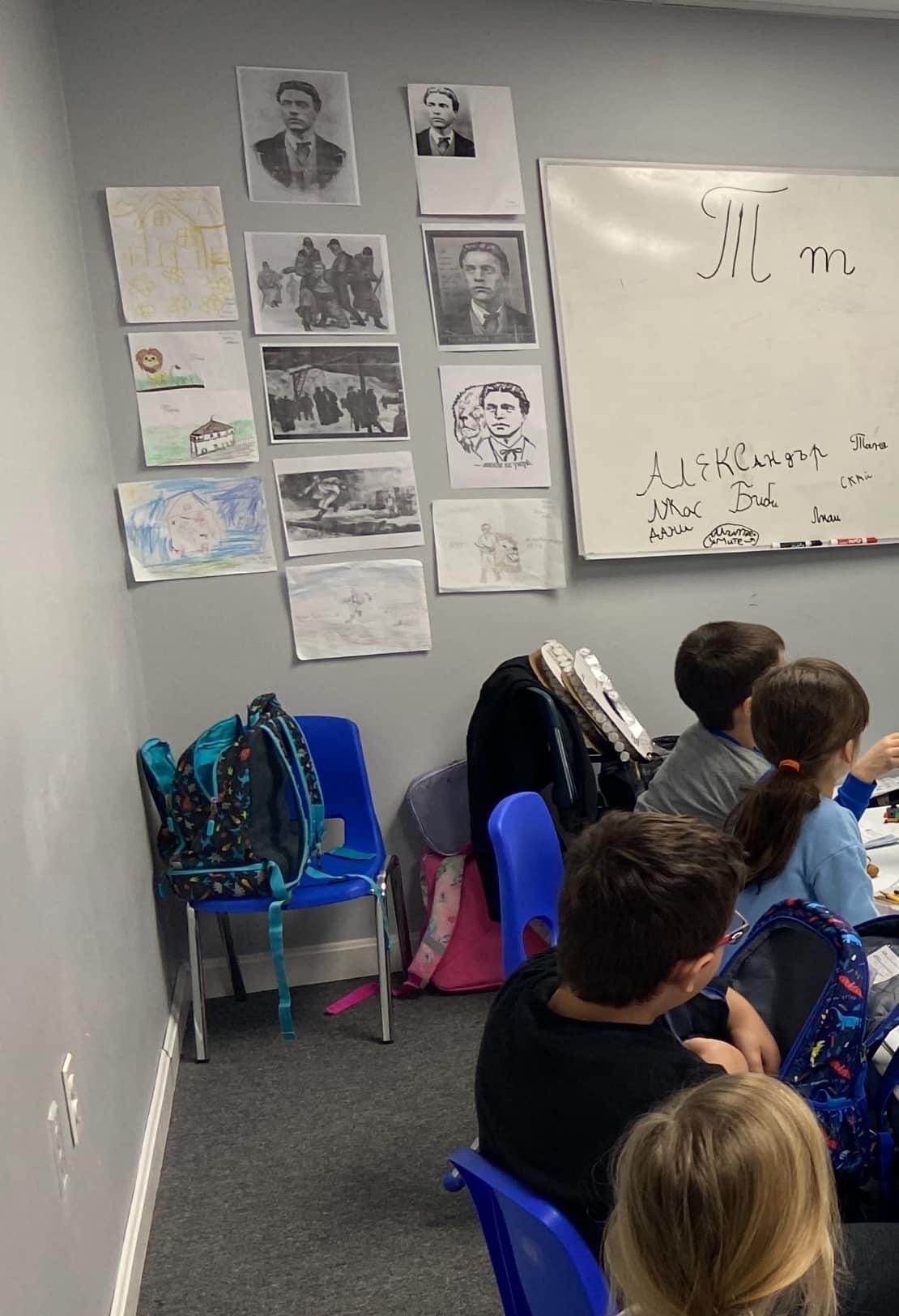
In preparation for the upcoming holidays, the students also studied the March festivals in Bulgarian culture. In addition to making “martenichki” in a number of extracurricular workshops during the month of February, the students listened to folklore tales about grandmother Marta and her brothers Golyam and Malak Sechko and about Pijo and Penda. The Asparukh's legend of the Martenitsa, which tells about the origin of the Old Bulgarians, was also part of the lessons.
